Description
Timed Drills-Addition and Subtraction Printable Worksheets
In this digital age are you looking for effective ways to help your child improve their addition and subtraction skills? Timed drills can be a valuable tool in enhancing their arithmetic abilities.
In this article, we will explore the benefits of timed drills and introduce you to printable worksheets that can assist your child in mastering addition and subtraction. With this resource, you can provide an engaging and interactive learning experience for your child.
Table of Contents
- Introduction
- Understanding Timed Drills
- Benefits of Timed Drills
- Incorporating Printable Worksheets
- Creating a Structured Practice Routine
- Tips for Maximizing Learning Potential
- Frequently Asked Questions
- Conclusion
- Get Access Now
1. Introduction
As parents and educators, we understand the importance of developing strong mathematical skills in children. Addition and subtraction lay the foundation for more complex mathematical concepts, making it crucial to focus on these fundamental operations. Timed drills offer an exciting way to reinforce these skills while challenging your child to improve their speed and accuracy.
2. Understanding Timed Drills
Timed drills involve solving a series of addition and subtraction problems within a specified time limit. These drills aim to boost mental calculation speed and enhance numerical fluency. By practicing regularly, children become more adept at performing calculations quickly and accurately, enabling them to solve problems more efficiently.
3. Benefits of Timed Drills
Timed drills provide several benefits that contribute to a child’s mathematical development:
a. Speed and Accuracy Improvement
Regularly engaging in timed drills helps children develop mental agility, enabling them to solve problems swiftly. As they strive to complete more questions within the given time, their accuracy also improves, ensuring they maintain precision while working at a faster pace.
b. Enhanced Confidence
Through timed drills, children witness their progress over time. As they gradually increase their speed and accuracy, they gain confidence in their mathematical abilities. This confidence extends beyond addition and subtraction and positively impacts their overall mathematical performance.
c. Mental Math Skills
Timed drills promote mental math skills, reducing dependence on calculators or other aids. The ability to perform calculations mentally not only aids in practical situations but also enhances critical thinking and problem-solving abilities.
4. Incorporating Printable Worksheets
Printable worksheets offer a convenient way to incorporate timed drills into your child’s learning routine. These worksheets typically contain a variety of addition and subtraction problems, presented in an engaging and visually appealing format. Here are some benefits of using printable worksheets:
a. Customizable Difficulty Levels
Printable worksheets cater to different skill levels, allowing you to choose problems that align with your child’s proficiency. You can gradually increase the difficulty as they progress, ensuring a continuous challenge while avoiding overwhelming tasks.
b. Interactive Learning Experience
Many printable worksheets incorporate colorful illustrations, fun themes, and engaging activities. These elements make the learning process enjoyable for children, keeping them motivated and eager to complete the drills.
c. Versatile Practice Options
Printable worksheets offer the flexibility to practice addition and subtraction skills anytime, anywhere. Whether at home, in a car, or on vacation, you can easily carry these worksheets with you, providing consistent learning opportunities for your child.
5. Creating a Structured Practice Routine
To make the most of timed drills and printable worksheets, it is essential to establish a structured practice routine. Consider the following steps:
a. Set a Schedule
Allocate specific times during the day dedicated to math practice. Consistency is key to reinforce learning, so establish a routine that works best for your child and stick to it.
b. Warm-up Activities
Begin each practice session with warm-up activities that engage your child’s mathematical thinking. These activities can include mental math challenges, number games, or quick problem-solving tasks.
c. Timed Drill Sessions
Introduce timed drills after the warm-up activities. Use printable worksheets that focus on addition and subtraction, ensuring an appropriate level of difficulty for your child’s current skills.
d. Review and Feedback
After completing the timed drills, review the answers together. Provide constructive feedback, highlighting areas of improvement and celebrating achievements. This feedback loop encourages continuous growth and motivates your child to strive for better results.
6. Tips for Maximizing Learning Potential
Here are some additional tips to optimize your child’s learning experience with timed drills and printable worksheets:
a. Make it a Game
Transform the practice sessions into a game-like experience. Set goals, award points, or create friendly competitions with siblings or friends. This approach adds an element of excitement and encourages active participation.
b. Break it Down
If your child finds longer timed drills overwhelming, break them down into smaller, manageable segments. Gradually increase the duration as they become more cordial and confident.
c. Monitor Progress
Keep a report of your child’s progress over time. Maintain a record of their speed and accuracy improvements, and celebrate milestones along the way. This tracking system provides a tangible representation of their achievements, motivating them to continue their efforts.
7. Frequently Asked Questions
Q1. Are timed drills addition and subtraction suitable for children of all ages?
Yes, timed drills addition and subtraction can be adapted to suit different age groups. The complexity of the problems and the duration of the drills can be adjusted based on the child’s skill level.
Q2. How often should timed drills be conducted?
Consistent practice is key for optimal results. Aim to incorporate timed drills into your child’s routine at least two to three times a week.
Q3. Can timed drills be used for other mathematical operations?
While this article focuses on addition and subtraction, timed drills can be adapted for other operations such as multiplication and division as well.
Q4. Should I be concerned if my child struggles with timed drills initially?
No need to worry. Timed drills are designed to challenge children and improve their skills over time. With regular practice and a supportive learning environment, your child will gradually enhance their abilities.
Q5. Where can I find printable worksheets for timed drills?
There are numerous online resources that offer printable worksheets for timed drills. Look for reputable educational websites or consider consulting with your child’s school for recommended materials.
8. Conclusion
Timed drills, coupled with printable worksheets, provide an effective way to enhance your child’s addition and subtraction skills. By incorporating these engaging activities into their learning routine, you can foster their confidence, speed, and accuracy in mathematical calculations.
Remember to establish a structured practice routine, utilize customizable printable worksheets, and monitor your child’s progress. With dedication and consistency, your child will develop a strong foundation in arithmetic, setting them up for success in their mathematical journey.
9. Get Access Now
Get immediate access to a wide range of printable worksheets and resources to enhance your child’s mathematical skills. Visit this link and unlock a world of interactive learning opportunities for your young learner.



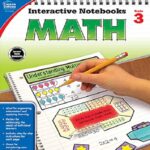



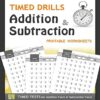
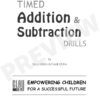


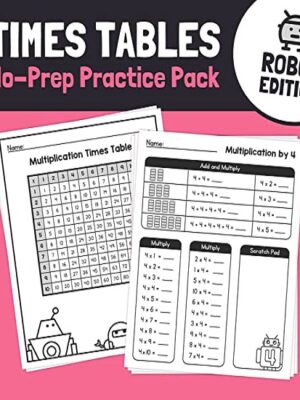
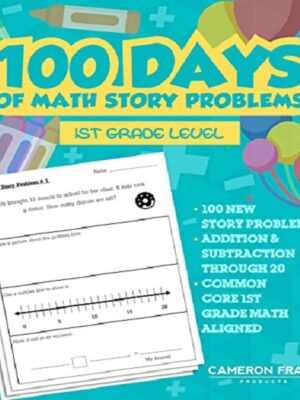
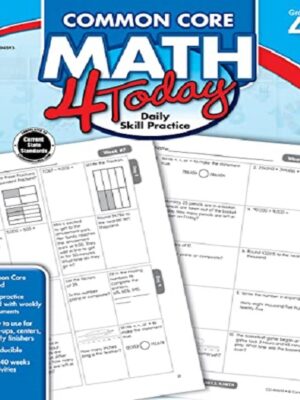
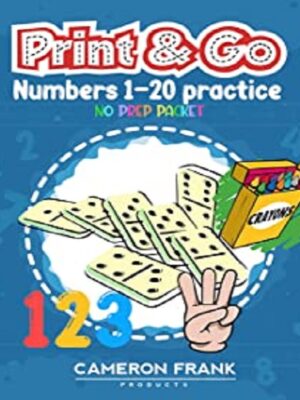
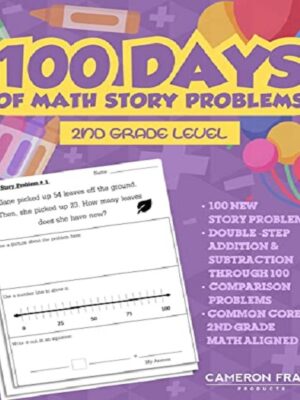
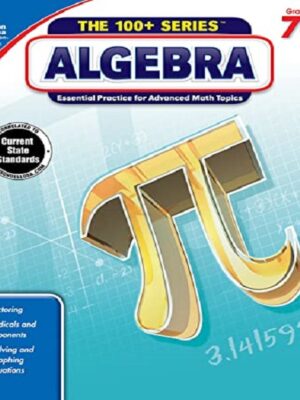


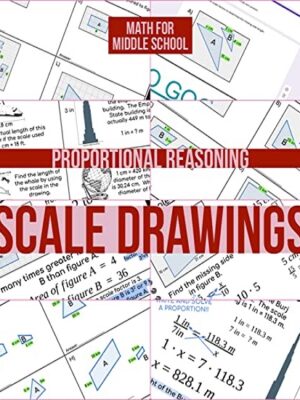






Reviews
There are no reviews yet.